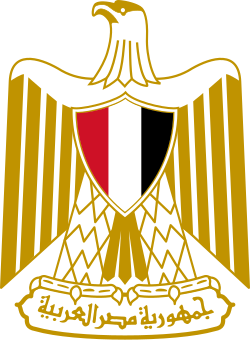 |
|---|
Contents |
| Constitution (history) |
| Administrative divisions |
| Political parties (former) |
Elections for the Shura Council were held in Egypt on 11 and 18 June 2007. From a total of 264 seats in the Shura Council, the upper house of the Egyptian parliament, 88 are for election every three years.